Common Name(s): Raspberry jam, jam wattle
Scientific Name: Acacia acuminata
Distribution: Southern Australia
Tree Size: 10-23 ft (3-7 m) tall
1 ft (.3 m) trunk diameter
Average Dried Weight: 65 lbs/ft3 (1,040 kg/m3)
Specific Gravity (Basic, 12% MC): .88, 1.04
Janka Hardness: 3,100 lbf (13,810 N)*
*Estimated hardness based on specific gravity
Modulus of Rupture: 18,850 lbf/in2 (130.0 MPa)**
Elastic Modulus: 2,683,000 lbf/in2 (18.50 GPa)**
Crushing Strength: 10,150 lbf/in2 (70.0 MPa)**
**Conservative values based on strength group/bracket
Shrinkage: Radial: 2.1%, Tangential: 3.2%,
Volumetric: %, T/R Ratio: 1.5
Color/Appearance: Heartwood is a dark reddish brown. Lighter yellowish sapwood is clearly demarcated from heartwood.
Grain/Texture: Fine, uniform texture with good natural luster.
Rot Resistance: Rated as very durable; good insect resistance.
Workability: No data available.
Odor: As the name suggests, this wood has an odor similar to raspberry jam when cut.
Allergies/Toxicity: Besides the standard health risks associated with any type of wood dust, no further health reactions have been associated with Raspberry Jam. See the articles Wood Allergies and Toxicity and Wood Dust Safety for more information.
Pricing/Availability: Very limited availability due to harvesting restrictions in place within Australia. Seldom exported.
Sustainability: This wood species is not listed in the CITES Appendices or on the IUCN Red List of Threatened Species.
Common Uses: Fence posts, turned objects, and other small specialty wood objects.
Comments: So named for its distinctive odor when being worked, which is reminiscent of raspberry jam. The tree is not closely related to the plants responsible for producing edible raspberries, which are members of the Rubus genus, not Acacia.
Images: Drag the slider up/down to toggle between raw and finished wood. (A special thanks to Steve Earis for providing the wood sample of this wood species.)
Identification: See the article on Hardwood Anatomy for definitions of endgrain features.
Porosity: diffuse porous
Arrangement: solitary and radial multiples
Vessels: large, few
Parenchyma: vasicentric
Rays: narrow, normal spacing
Lookalikes/Substitutes: No data available.
Notes: Heartwood fluoresces under blacklight.
Related Content:

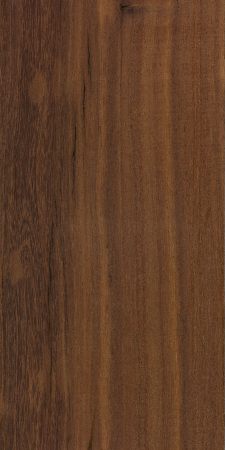
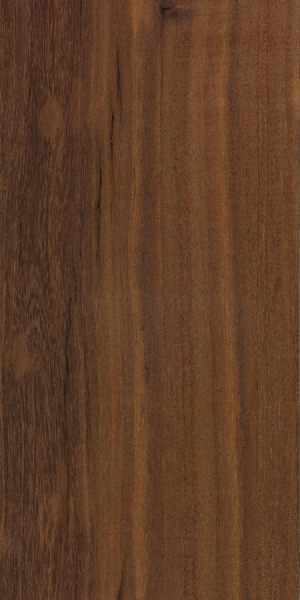
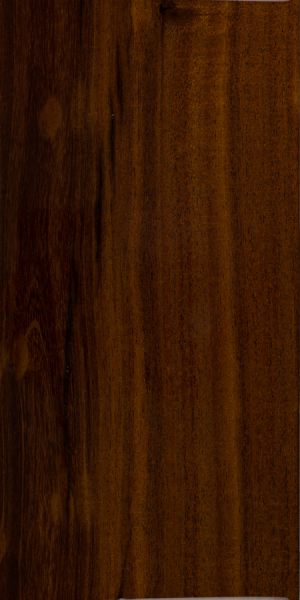
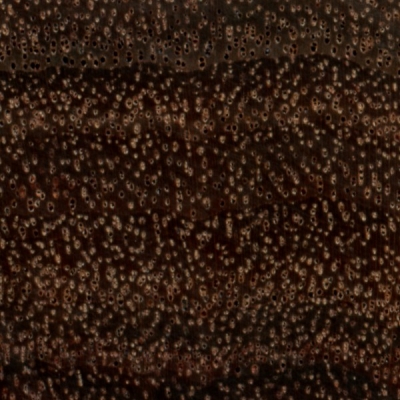
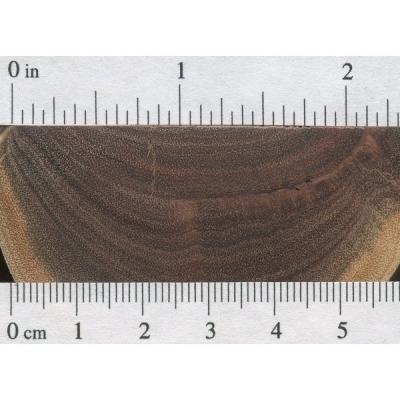
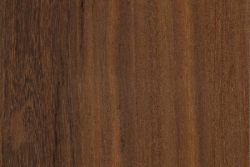
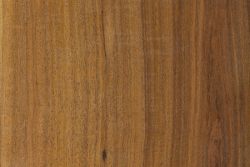
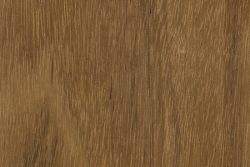
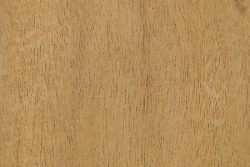
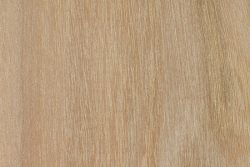
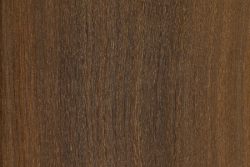
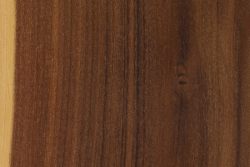
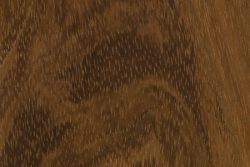
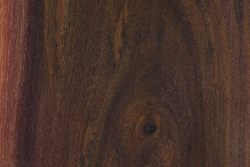
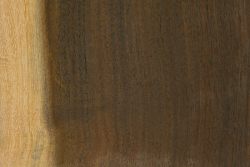
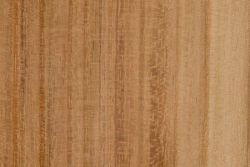
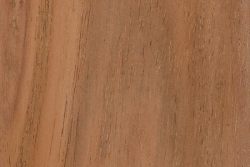
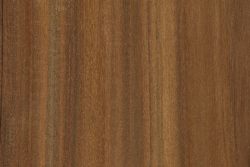
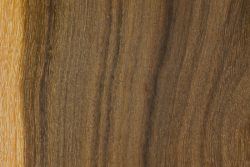
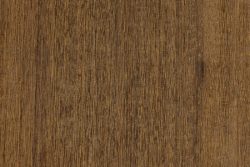
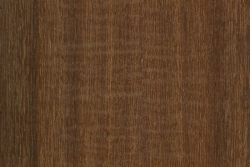
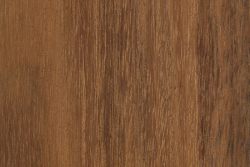
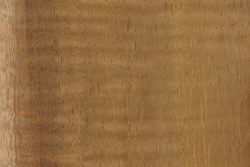
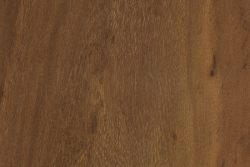
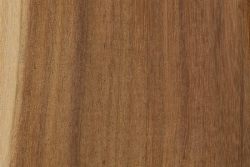
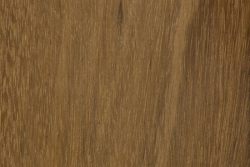
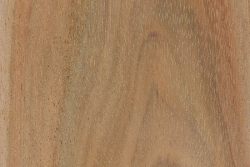
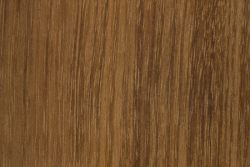
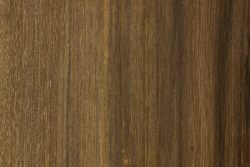
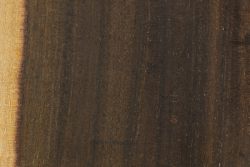
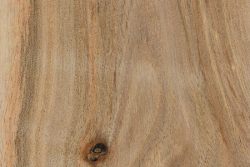
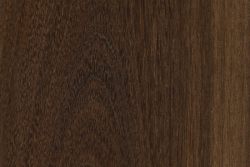
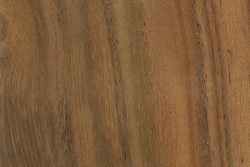
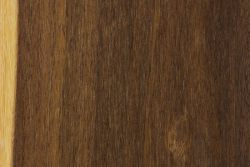
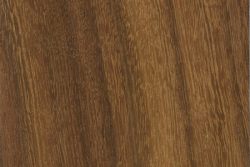
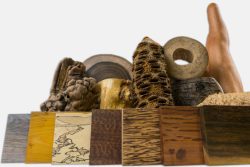
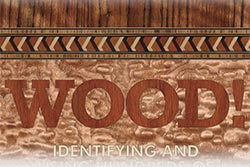
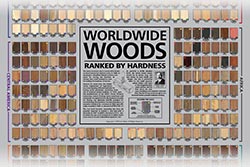
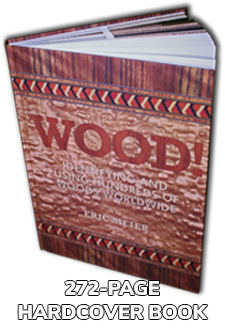
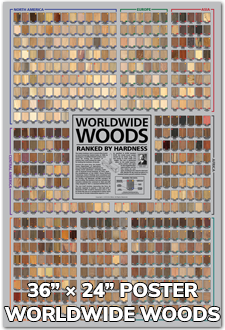
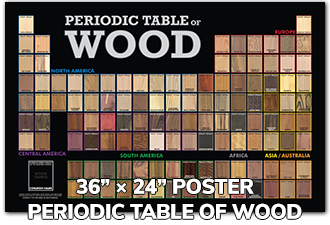
I need help identifying a piece of wood It came form Singapore as a very heavy wood pallet. it does not float. it rings when you hit it. I had to drill holes in it to put small nails in it. it looks very much like raspberry jam but it does not smell or fluoresces under black light
I could be almost anything. More than likely, not a wood that’s even listed on this website. You have presented one of the most challenging circumstances for wood ID, pallet wood (which can be from commercial species) from a lesser-known foreign country.
I can send you a piece if you send me an address. I used the wood to make a doll bed
I’d recommend sending it to USDA instead: https://www.fpl.fs.fed.us/research/centers/woodanatomy/wood_idfactsheet.php
Any updates on this?